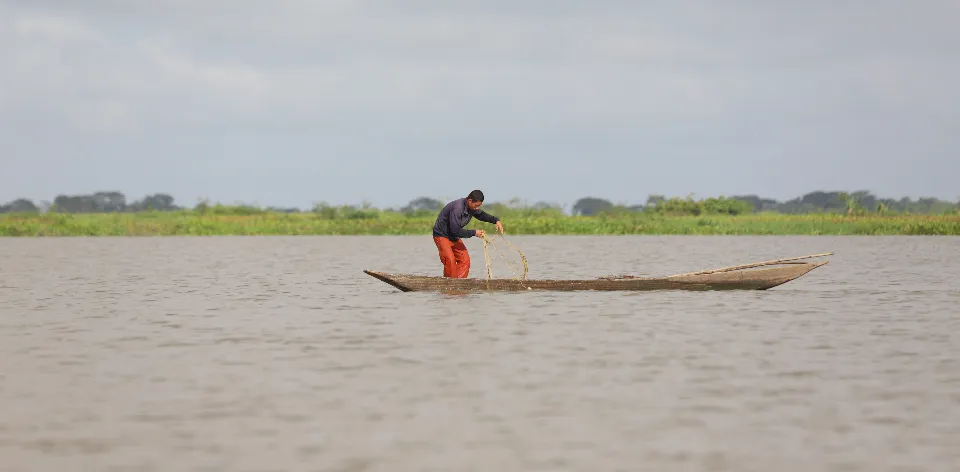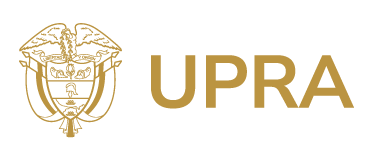 14/6/2024
14/6/2024
Progress in the Collective Construction of the Productive Planning Plan for Aquaculture

Aquaculture is fundamental to the family, rural, and community economy of rural Colombia and represents an important sector of food production for local consumption and export.
In the following video, learn more about the Productive Planning Plan (POP) for the Aquaculture chain for species intended for human consumption in Colombia (tilapia, trout, cachama, and farmed shrimp): https://www.youtube.com/watch?v=4H5rCfVMiAs&t=18s
Bogotá D. C., (@UPRAColombia, @Claudialili76, @Alexander_r_) Talking about aquaculture in Colombia means talking about more than 36,000 families, many of them small producers, who depend on this activity and see it not only as a means of subsistence but also as a way to improve their quality of life.
Claudia Liliana Cortés López, Director of UPRA, stated: “To support the work of small, medium, and large aquaculturists, it is essential to have the tools we are generating from the Government of Change. This time we are jointly constructing the Productive Planning Plan (POP) for the Continental Aquaculture Chain for human consumption, focusing on species such as tilapia, trout, cachama, and farmed shrimp. We are presenting the first phases of the process, which correspond to situational analysis, prospects, and guidelines that identify the main information and status of this chain in Colombia.”
In turn, Alexander Rodríguez Romero, Technical Director of Efficient Land Use and Land Adjustment at UPRA, explained: “Nationally and internationally, situational analysis indicates which elements generate opportunities for improvement in the production process of the chain. For example, it has been identified that national production is insufficient to meet internal consumption, which also reflects in the decline of the trade balance. As a country, we face challenges in sanitary issues, and we need a conversation and consensus with the environmental sector regarding water use.”
Likewise, “we socialize among the chain actors at the national level the prospective analysis for the next 20 years for the aquaculture chain. First from the data, then with a model consulted among chain experts to identify the scenario we will aim for in that period. Policy guidelines, structural axes to address the chain's problems, and strategic objectives to achieve the 20-year vision were presented,” noted Alejandro Flórez Vanegas, leader of the POPs at UPRA.
The POPs are a collective construction effort with aquaculturists and all chain actors, from and for the regions.
“It is important that we from the region participate in the generation of these planning plans because the perspective from Bogotá or the capital area is different from what we are experiencing in the department and region. I am in the environmental sector in Huila, and I think it is very important to be here listening and participating, to later make contributions from my regional perspective. Female labor participation is very high in the department, with tilapia fillet processing plants where the female contribution is over 50%,” concluded Paula Janeth Anacona, Environmental Leader at Piscícola Botero in Huila.
Learn more details about the collective construction process of the POP for Aquaculture for human consumption in Colombia.

